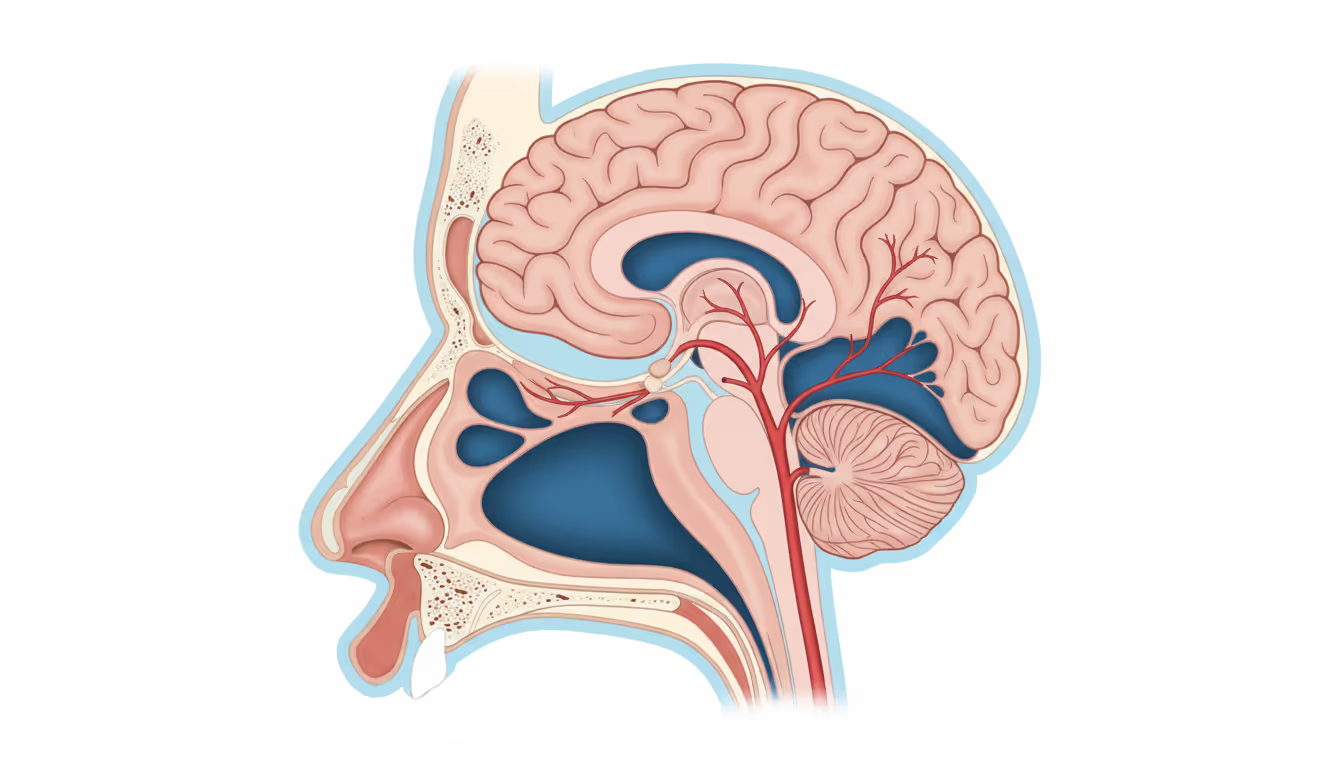
Hydrocephalus ex-vacuo occurs when brain damage or injury leads to a reduction in brain tissue. Although the cerebrospinal fluid (CSF) amount is higher than usual, the pressure remains normal in this condition. Hydrocephalus generally refers to the abnormal accumulation of CSF in the brain's ventricles, often with increased pressure that can harm the brain. It can develop before or after birth due to various reasons such as genetic abnormalities, brain hemorrhage, infections, tumors, or head trauma. Most types of hydrocephalus result from blocked CSF flow within the ventricular system, often due to physical obstructions in cases of congenital defects. Hydrocephalus is frequently associated with spina bifida.Normal Pressure Hydrocephalus (NPH) emerges from a gradual blockage in the brain's CSF drainage pathways. Despite the ventricles expanding, CSF pressure remains normal. NPH is marked by memory issues, balance problems, and overall slowing of activities. In elderly individuals or those with certain conditions, brain shrinkage may lead to increased CSF filling the gaps, but this is unrelated to hydrocephalus.Symptoms of hydrocephalus vary by age. In infants, it is typically indicated by an unusually large head, which is why measuring a baby's head is crucial during check-ups. Other signs in infants include vomiting, drowsiness, irritability, an inability to look upward, and seizures. Older children and adults do not experience head enlargement, but symptoms might include headaches, nausea, vomiting, and sometimes blurred vision. Balance issues, developmental delays in walking or talking, and coordination difficulties may also occur. As hydrocephalus progresses, irritability, fatigue, seizures, personality changes, including concentration or memory problems, drowsiness, and double vision might be observed.Treating hydrocephalus typically involves placing a shunt to drain excess fluid and alleviate brain pressure. This shunt is a flexible plastic tube with a one-way valve, inserted into the brain's ventricular system to redirect CSF to another body area for drainage and absorption into the bloodstream.The prognosis for hydrocephalus depends on its cause and the timing of both diagnosis and treatment. Many children with hydrocephalus can live normal lives with minimal limitations. However, some may experience cognitive or language impairments. Shunt-related issues, such as infections or malfunctions, may necessitate shunt revision. The term "hydrocephalus" is derived from Greek, meaning "watery head."




